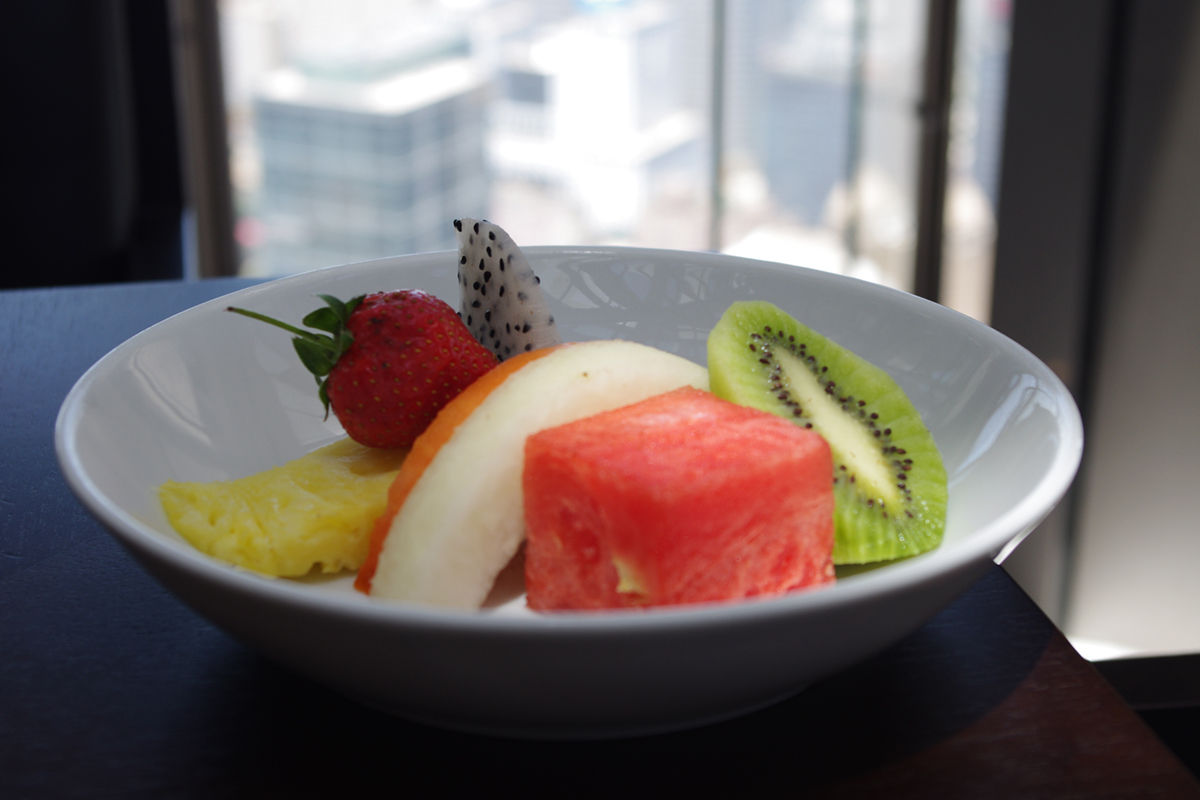
GERD is short for GastroEsophageal Reflux Disease, commonly named acid reflux. It is a disorder of the stomach muscles and is among the most common conditions that people all over the world suffer from. Fortunately, it is not a serious condition and can be treated effectively.
Causes
GERD appears when sphincter muscles between lower esophagus and stomach do not function properly, thus allowing stomach acid to climb from the stomach into the esophagus and even to the throat, which is known as acid reflux. Most people also call this heartburn, but this is not correct - heartburn is a symptom of acid reflux. Typical causes of GERD are diet and dietary habits, such as spiced food or late night meals. Acid reflux can also be caused by bending or lying down just after meal. Other common causes of acid reflux are smoking, alcoholism and obesity.
Symptoms
Acid reflux causes loss of appetite, discomfort in the throat and mouth, heartburn, nausea, difficult swallowing, etc. Other symptoms may indicate a different underlying cause and doctor's help should be sought in such case.
Treatment
Prescription-free antacid tablets and syrups offer a temporary relief of symptoms, but true key is prevention, obtained through alterations in acid reflux diet, chiefly by following recommendations of what to eat and what to avoid. It is also desirable to have smaller meals, avoid heavy and spicy meals and to abstain from alcohol and smoking. It is also important to maintain healthy weight. Prior to following the GERD diet, pregnant women and chronic disease sufferers should consult a doctor.
Allowed foods
Apple, melon, pear, banana, peach, potato, green peas, broccoli, carrots, celery, cabbage, basil, thyme, sage, oregano, all types of beans. Graham crackers, multi-grain bread, corn bread, white bread, brown or white rice, rice cakes, bran, oatmeal, pretzels. Eggs, egg white, chicken breast, fish, steak, fat-free cheese and cream.Forbidden foods
Citrus fruits, cranberry juice. Tomato or tomato-based products. Sodas, alcohol, coffee, milk, cheese. Peppermint, chips, chocolates, ice cream. Peppers, chilies, onion. Spicy, greasy, fried, hot food, sausages, bacon.It should be noted that not being listed on the 'no' list does not imply that the food in question is safe to eat. It is only certain that foods mentioned on the forbidden food list have a negative effect on GERD, and that foods on the allowed list are safe to eat if you are suffering from acid reflux.



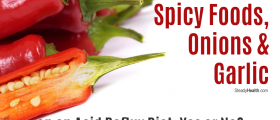
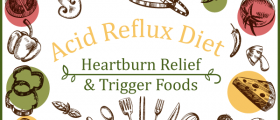
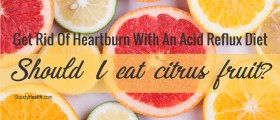

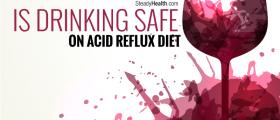
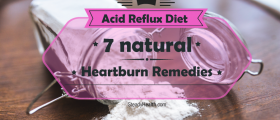

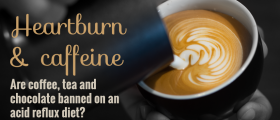




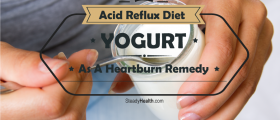

Your thoughts on this
Loading...